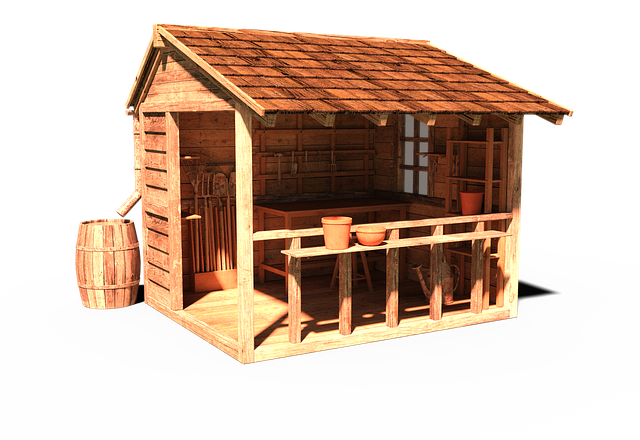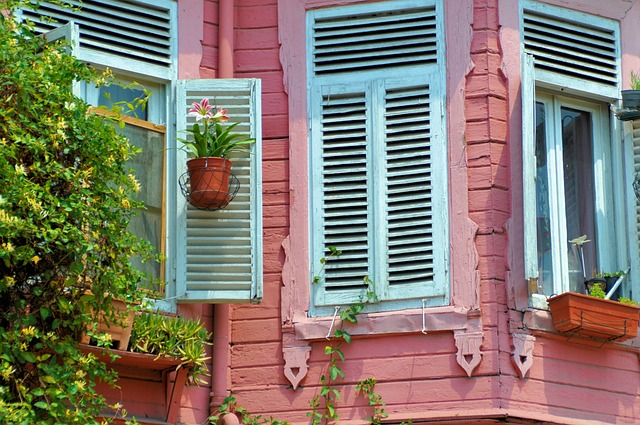For anyone that owns or works in a business, it can be very beneficial for them to seek the support of a great business mentor. More often than not, the start-ups that withstand the test of time are the ones that have worked closely with a mentor. Furthermore, people can feel supported and less stressed out when they have somebody to lean on. While there are many benefits to seeking professional help, business coaching and mentoring is a very saturated market and it can be difficult to find a gem amongst the stones. It can be easy to perform a Google search to find someone, however, a good website doesn’t necessarily reflect the services that are offered. Because of this, it is often better to rely on word of mouth or to make sure that a professional has plenty of positive feedback before hiring them. Additionally, it can be a good idea to find someone that has competitive prices, however, that aren’t too cheap either. Good business mentors will know their self-worth and so will charge accordingly. And this is the type of values that they are able to instil in you when they are hired. There are also some things that you can do personally before searching for a mentor that will make the hunt a little easier and make it more likely that someone amazing is found.
Be crystal clear on what you want
Before hiring a business mentor, it is important to first figure out exactly what you want. For example, do you simply want emotional support while you are starting up your business? Do you have a yearly income goal that you want to reach? Perhaps you have a number of clients that you want to hire? Maybe you need help with your business structure? Whatever it may be, deciphering this beforehand means that you can relay this to a potential mentor, and they can let you know if they are able to help in this area. Furthermore, it will give you something more specific to search for. For instance, you would be able to type “business mentor that offers emotional support” into a Google search rather than just “business mentor”. Cutting down your choices is the perfect way to ensure that someone tailored to you is found and having a crystal clear idea of what you want out of mentoring will make it more likely that you will get what you need.



